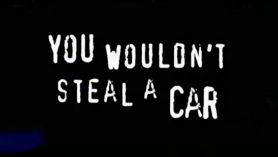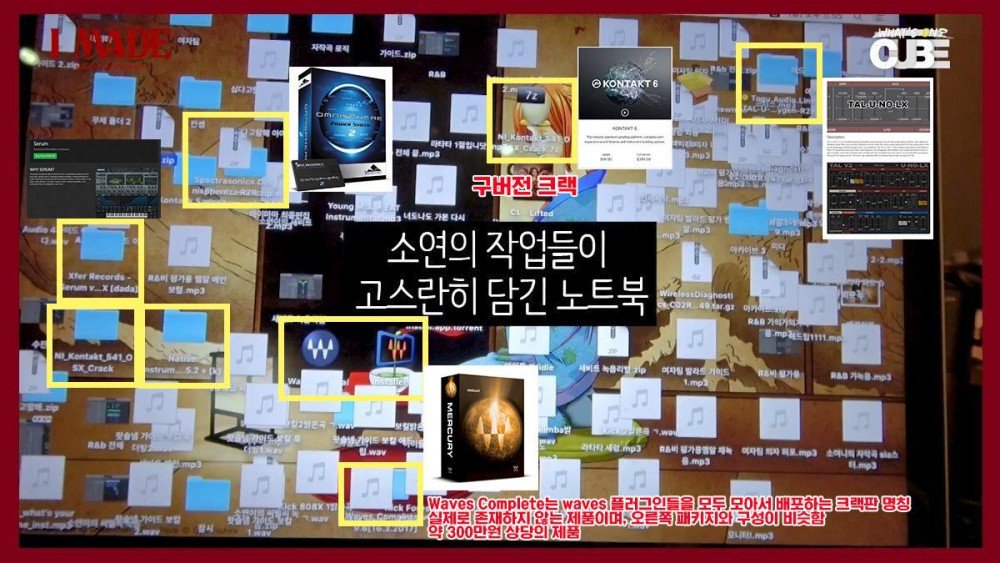With Bollywood, India has a thriving movie industry that’s worth billions of dollars and is known all around the world.
At the same time, the country also has one of the highest piracy rates, which is seen as a major threat to the industry.
Pirated copies of films swiftly make their way onto the Internet and are sold on physical media around the country. In many cases, these leaks occur just hours after a movie premieres in theaters.
In an effort to curb this activity, India’s Government recently amended the Cinematograph Act, making it illegal to record or transmit movies and movie audio without permission. Those who do, face a three-year prison sentence.
As with any law, the effectiveness depends on implementation and enforcement. This is something that has yet to be fleshed out and various prominent voices from the local movie industry are calling on the Government to take strict action.
“Everything boils down to implementation. Police feel piracy is not a priority. If the government can ensure plastic ban overnight, why not show the same vigor in this issue,” movie producer G. Dhananjayan told the Times of India.
The local newspaper ran an article last week on the new anti-piracy measures. Aside from the calls for stricter enforcement, the publication also delivered a bombshell. Apparently, movie piracy is frequently facilitated by the industry itself.
According to a Tamil cinema DVD seller, who spoke on the condition of anonymity, piracy is mostly an inside job. The source explains that movie companies are leaking each other’s films, as a competitive move.
“People from rival production companies or those from the creative department secretly release the movie online or circulate it as DVDs to hit the collection at the box office,” the source said.
This sounds like a Wild West story, but the allegations don’t stop there. Another source said that the local censor board and distribution houses are also on the piracy bandwagon.
“Another industry source said insiders in the censor board and distribution houses sell these copies for up to `5 lakh. The copies are uploaded on private portals that have dedicated passkeys,” the Times of India reports.
“For a few lakhs of rupees, these copies can be downloaded and replicated on DVD,” the newspaper adds.
When it comes to recording video and audio at movie theaters, it is believed that some movie industry insiders work in tandem with theater owners to leak high profile films. As a result, some films appear online just hours after their official premiere.
At TorrentFreak, we can’t verify any of these claims independently, but it does put the various arrests of Indian movie theater owners in a different perspective.
Indian police have apprehended several theater owners in the past. Late last year the Indian Film Exhibitors Association called on the Madras High Court to put a halt to these overbroad crackdowns, stressing that the arrestees were innocent.
However, based on the sources referenced by the Times of India, there are some rogue cinema owners out there.
All in all, it is clear that Bollywood’s piracy problem is rather complex, and that shutting down a few websites is certainly not going to cut it. The new anti-camming law may help, but if the industry itself is corrupted, there’s still a long way to go.
Source: TF, for the latest info on copyright, file-sharing, torrent sites and more. We also have VPN reviews, discounts, offers and coupons.








 Last December the Australian Competition and Consumer Commission (ACCC) released a
Last December the Australian Competition and Consumer Commission (ACCC) released a 



 Pirated copies of movies appear online every day in a variety of formats, such as CAM, DVDRip, WEBRip, and Web-DL.
Pirated copies of movies appear online every day in a variety of formats, such as CAM, DVDRip, WEBRip, and Web-DL.



